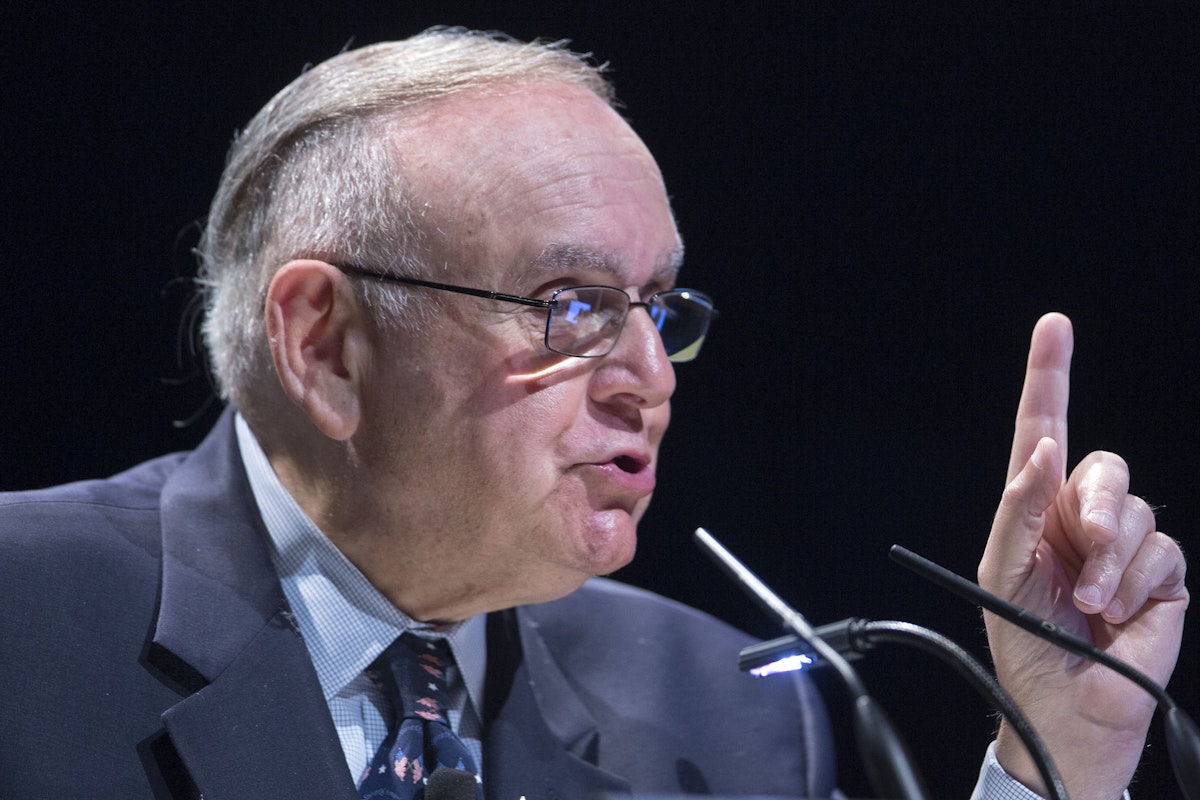From inventing the huddle to trying a new helmet, Gallaudet is home to a proud football tradition
WASHINGTON (AP) — Chuck Goldstein has not used a whistle to coach football in more than a decade. It has become commonplace for him.Since arriving at Gallaudet University as an assistant in 2009, Goldstein has embraced coaching a team of Deaf and hard-of-hearing players and the adjustments that go with it. He learned American Sign Language as the primary method of communication. At practice, he started to move to where the sun was in his eyes so players could see him signing, not the other way around. During games, he still worries about opponents being injured because his players can’t hear whistles when a play is stopped. “Those are the challenges we face year to year, but we overcome them,” Goldstein said. “We play football.” Gallaudet has been playing football since 1883, when it was known as the National Deaf-Mute College, and invented the huddle just over a decade later. The school added a drum to replace whistles in 1970, and players and coaches carry on the program’s rich history by continuing to innovate — most recently a helmet developed with AT&T that allows play calls to show up on a tiny almost transparent screen placed above the quarterback’s right eye. “With the helmet, you waste less time trying to seek information out,” offensive lineman John Scarborough said in ASL through an interpreter. “We’re basically able to play on par when it comes to the pace of other teams and other players.”The NCAA granted Gallaudet a one-game waiver for the helmet, though Goldstein hopes it gets approved for all players in the future. The development comes as major college football has been rocked by an alleged sign-stealing scandal at Michigan, prompting some to call for the NCAA to lift its ban on radio communication between coaches and players.“We’re still going to play football with or without (the helmet, which) would help definitely level the playing field,” Goldstein said. “But for now, we’re just going to have to compete with a non-level playing field because that’s what it is. It’s always been that way for 140 years.” Gallaudet football games, particularly at home on campus in northeast Washington, are unlike any in the world. The anthem is performed in ASL, without the familiar strains of “The Star-Spangled Banner” playing audibly. There is no public address announcer. Some fans cheer, while others applaud in ASL with their hands.“It’s good to see a football program kind of replicate the Deaf community,” said Shelby Bean, a former player who is now an assistant coach. “We’re always going to fight. We’re always going to play our best. We’re always going to give all of our effort into something and just be resilient.”And win games at the Division III level, something Gallaudet has done a lot of over the past decade-plus since Goldstein has taken over. The Bison won their conference and reached reached the playoffs for the first time in 2013 and did the same last season.Ravaged by injuries this year, Gallaudet won its trial game with the helmet, snapping a four-game skid for the first victory of the season, and followed that up with back-to-back victories. “We view ourselves as normal people who can do everything except hear,” Bean said. “We’ve kind of adapted how we coach football, how we play football.” One of those adaptations is the drum, a symbol of Gallaudet football that has strategic importance and goes everywhere the team goes. Because deaf and hard-of-hearing players can feel the vibrations created by the drum, it’s used during warmups and during the game to signal some special teams calls like being ready for a punt.After beating Hilbert College at home Oct. 7 with quarterback Brandon Washington wearing the new helmet, players and coaches banged the drum to celebrate. Taking nothing away from the technology that smoothed out the play-calling, Bean said the victory was the result of a good week of preparation and practice.Washington, who scored a 63-yard touchdown on his first run of the game, couldn’t contain his joy of getting Gallaudet back in the win column.“I’m happy,” he said. “It makes me want to cry a little bit because knowing we are a Deaf community, people think that we can’t play sports or whatever. And we proved them wrong.”Just as they have for 140 years.___AP college football: https://apnews.com/hub/college-football
WASHINGTON (AP) — Chuck Goldstein has not used a whistle to coach football in more than a decade. It has become commonplace for him.
Since arriving at Gallaudet University as an assistant in 2009, Goldstein has embraced coaching a team of Deaf and hard-of-hearing players and the adjustments that go with it.
He learned American Sign Language as the primary method of communication. At practice, he started to move to where the sun was in his eyes so players could see him signing, not the other way around. During games, he still worries about opponents being injured because his players can’t hear whistles when a play is stopped.
“Those are the challenges we face year to year, but we overcome them,” Goldstein said. “We play football.”
Gallaudet has been playing football since 1883, when it was known as the National Deaf-Mute College, and invented the huddle just over a decade later. The school added a drum to replace whistles in 1970, and players and coaches carry on the program’s rich history by continuing to innovate — most recently a helmet developed with AT&T that allows play calls to show up on a tiny almost transparent screen placed above the quarterback’s right eye.
“With the helmet, you waste less time trying to seek information out,” offensive lineman John Scarborough said in ASL through an interpreter. “We’re basically able to play on par when it comes to the pace of other teams and other players.”
The NCAA granted Gallaudet a one-game waiver for the helmet, though Goldstein hopes it gets approved for all players in the future. The development comes as major college football has been rocked by an alleged sign-stealing scandal at Michigan, prompting some to call for the NCAA to lift its ban on radio communication between coaches and players.
“We’re still going to play football with or without (the helmet, which) would help definitely level the playing field,” Goldstein said. “But for now, we’re just going to have to compete with a non-level playing field because that’s what it is. It’s always been that way for 140 years.”
Gallaudet football games, particularly at home on campus in northeast Washington, are unlike any in the world. The anthem is performed in ASL, without the familiar strains of “The Star-Spangled Banner” playing audibly. There is no public address announcer. Some fans cheer, while others applaud in ASL with their hands.
“It’s good to see a football program kind of replicate the Deaf community,” said Shelby Bean, a former player who is now an assistant coach. “We’re always going to fight. We’re always going to play our best. We’re always going to give all of our effort into something and just be resilient.”
And win games at the Division III level, something Gallaudet has done a lot of over the past decade-plus since Goldstein has taken over. The Bison won their conference and reached reached the playoffs for the first time in 2013 and did the same last season.
Ravaged by injuries this year, Gallaudet won its trial game with the helmet, snapping a four-game skid for the first victory of the season, and followed that up with back-to-back victories.
“We view ourselves as normal people who can do everything except hear,” Bean said. “We’ve kind of adapted how we coach football, how we play football.”
One of those adaptations is the drum, a symbol of Gallaudet football that has strategic importance and goes everywhere the team goes. Because deaf and hard-of-hearing players can feel the vibrations created by the drum, it’s used during warmups and during the game to signal some special teams calls like being ready for a punt.
After beating Hilbert College at home Oct. 7 with quarterback Brandon Washington wearing the new helmet, players and coaches banged the drum to celebrate. Taking nothing away from the technology that smoothed out the play-calling, Bean said the victory was the result of a good week of preparation and practice.
Washington, who scored a 63-yard touchdown on his first run of the game, couldn’t contain his joy of getting Gallaudet back in the win column.
“I’m happy,” he said. “It makes me want to cry a little bit because knowing we are a Deaf community, people think that we can’t play sports or whatever. And we proved them wrong.”
Just as they have for 140 years.
___
AP college football: https://apnews.com/hub/college-football



